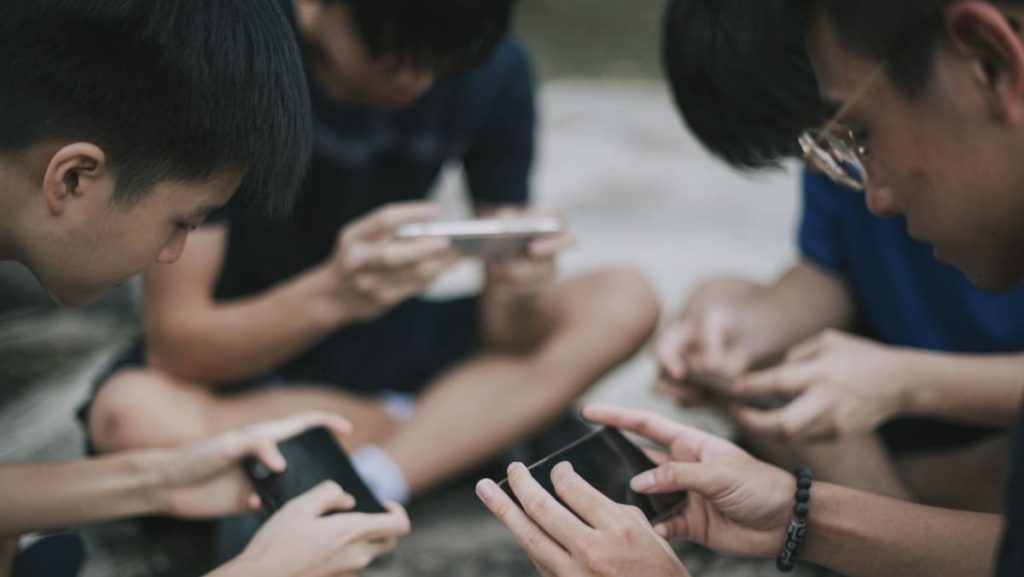In Indonesia, a survey conducted by the Indonesian Internet Service Providers Association found that 34.4 per cent of internet users in the country belong to Generation Z, those born between 1997 and 2012. This generation forms the largest percentage of internet users compared to other age groups. Data from the Central Statistics Agency indicated that a significant number of young children aged six and below in Indonesia are already using mobile phones and have access to the internet, highlighting the widespread use of technology among the youth population.
Psychiatrist Dr Ivana warned about the negative effects of gadget addiction on young people, which can lead to deviant behaviors such as emotional disturbances, impulsiveness, and aggression. A case in East Java’s Jember involved two siblings aged 17 and 19 who were addicted to online gaming, isolating themselves in their rooms and neglecting their family. After seeking psychiatric treatment for conditions related to excessive mobile phone use, the siblings were able to address their depression and reconnect with their parents.
Tragically, a 17-year-old teenager in Blitar, East Java, died by suicide after his parents confiscated the mobile phone used for playing online games. This incident sheds light on the severity of mobile phone addiction among Indonesian youth, prompting concerns from the Indonesian Child Protection Commission. Psychiatric hospitals in cities like Jakarta and West Java have had to open pediatric wards to treat children with mental disorders linked to gadget addiction, emphasizing the urgent need for intervention and support for affected individuals.
In response to the growing issue of children’s involvement in crimes related to online games, the Ministry of Women’s Empowerment and Child Protection is finalizing a Presidential Regulation on the protection of children in online gaming. Deputy Minister for Child Protection Mr. Nahar stated that the regulation aims to address crimes such as violence, pornography, sexual harassment, and bullying committed by children under the influence of online games. The government’s efforts to safeguard children in the digital space reflect a broader initiative to promote a safe and healthy online environment for the younger population in Indonesia.
The prevalence of mobile phone addiction among young people in Indonesia has raised concerns about the impact of technology on mental health and social interactions. With the COVID-19 pandemic limiting opportunities for outdoor activities and face-to-face interactions, many children have turned to mobile gadgets for entertainment and social connection. The government’s focus on regulating online games and protecting children from harmful content underscores the importance of promoting a balanced approach to technology use and fostering healthy behaviors among the youth population.
As Indonesia grapples with the challenges of gadget addiction and its consequences, stakeholders are working towards creating a safer online environment for children and adolescents. By raising awareness about the risks of excessive technology use and implementing regulatory measures to protect young users, the government aims to safeguard the well-being and development of the next generation. With ongoing efforts to address mental health issues and promote responsible digital citizenship, Indonesia is taking steps to ensure a positive and supportive environment for its youth in the digital age.












